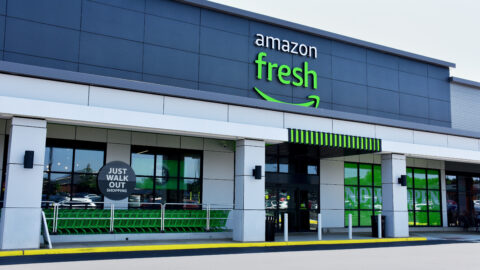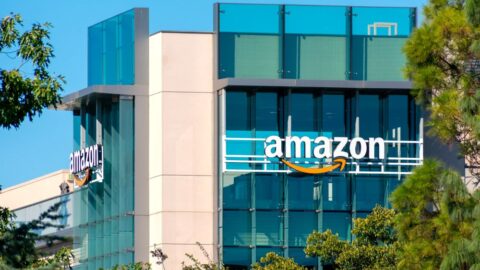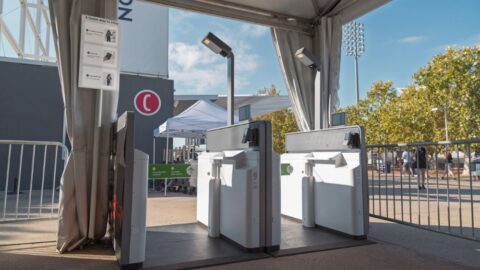More than a year’s worth of speculation about where Amazon would establish its second headquarters, “HQ2,” appears to be nearing its end. The e-Commerce giant plans to split HQ2 between two cities, according to the Wall Street Journal. The Seattle-based retailer has yet to choose the two cities, the report said, but the Washington, D.C., Dallas and New York City metro areas appear to be the three finalists.
While no formal announcements have been made, prior reports indicated that Amazon was in “late-stage discussions” with three cities: Crystal City, Va., Dallas and New York City. The company whittled down an initial proposal list of 238 cities and metropolitan regions, naming 20 finalists in January 2018.
Amazon originally said it would invest $5 billion and employ 50,000 workers in the winning area, but under the new plan the company would split the workforce evenly, with 25,000 employees in each city.
The driving force behind the decision to build two equal offices is recruiting enough tech talent, according to the source of the report. In a November 2017 Retail TouchPoints interview, attorney Steven Polivy said that the presence of a highly educated tech-savvy workforce — or an area’s ability to attract workers of this caliber — would be a key factor in Amazon’s final decision about where to locate HQ2.
“Their presence will create demand for other companies that will want to be located near Amazon,” Polivy said. “These will be companies that do things that are complementary to Amazon’s businesses, which go beyond retail to include fulfillment, cloud services, streaming entertainment services, etc. You’ll see people needed who are in the graphic arts and advertising, for example.”
Crystal City is less than five miles south of Washington D.C., where CEO Jeff Bezos owns a house, supporting the speculation that it will be one of the cities chosen. A presence near the nation’s capital would also help Amazon with lobbying efforts, and Bezos also is the owner of the region’s leading newspaper, the Washington Post.
The hype surrounding HQ2 has generated its fair share of criticism. Major companies typically don’t publicize headquarters news, nor do they have dozens (in this case, hundreds) of cities vying for their attention via proposals. These proposals cost the municipalities significant time, and maybe even capital, depending on the seriousness of their aspirations. Many of these cities were unlikely HQ2 candidates in the first place, especially considering the final three are all major metropolitan areas.
One of the most outspoken critics of the process, Scott Galloway, a Professor at the NYU Stern School of Business and Founder of Gartner L2, has long predicted that D.C. would be the destination of HQ2.
“It’s either going to be D.C. or New York,” Galloway told Fox Business in February. “I’ve been on a dozen private and public company boards, and the CEO always cloaks the strategy of the second headquarters in business issues. The number one reason companies move headquarters is simply where the CEO wants to spend more time.”












